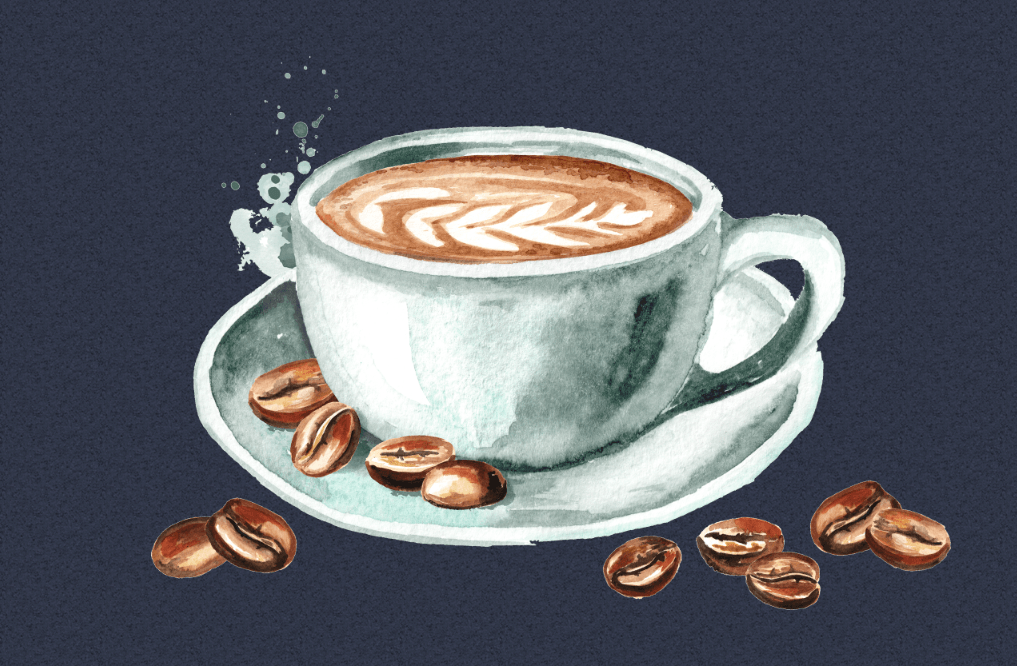
There is a myth saying that if a breastfeeding woman eats spicy food, their baby's buttocks turn red. For this reason, breastfeeding mothers often insist on mild side dishes, such as omitting spicy foods from side dishes. So, is this myth true? Let's take a closer look at each food.
When breastfeeding, are these foods okay?
1. Coffee
Coffee is also a drink that several nursing mothers avoid. As a result of a study by a research team in Korea, “caffeine was not detected in the urine of the child, even if mothers who drank 3 cups of coffee a day were breastfeeding.” It can cause irritation, meaning that up to two to three paper cups of coffee per day is fine, as not much of the caffeine is transferred through breast milk, but be careful not to drink too much.
2. Spicy Kimchi
Stimulating ingredients such as garlic and green onions can affect the taste and aroma of breast milk. However, this taste and smell is not harmful to the baby. The fact is that eating more of a particular food doesn't make a difference if your baby has a diaper rash! As a result of a domestic study, it was also found that babies of mothers who ate garlic ate more breast milk for a longer period of time than babies of mothers who did not.
3. Sikhye
Sikhye is a food that nursing mothers avoid because of the myth that it reduces milk production. However, studies have not shown scientific evidence that sikhye reduces milk production. If you have a prematurely born child, please be a little more careful! If you are breastfeeding babies under 2kg, be careful with the mother's diet at this time. It is okay to insist on a mild meals for about a month. This is because the intestines are very immature in the case of early children. A mother's care is required until the beneficial bacteria settle well in the intestine and digestion and absorption start becoming smoother.
Dietary Guidelines for Nursing Mothers
It is more important to eat a variety of foods than to eat a specific nutritional supplement. It is also important to eat a variety of grains, fresh seasonal vegetables, fruits, and healthy fats. If possible, it is important to eat a balanced diet with natural foods rather than instant or processed foods. Whole foods, which are minimally processed and refined, make for a healthier diet, so choose breads with whole grains, etc. For nursing mothers, an additional 500 kcal of daily caloric requirement is sufficient. According to the textbook guidelines, if you are a breastfeeding mother who normally eats a balanced and healthy diet, you do not need to take supplements. However, if you are a vegan who does not eat meat, dairy, or eggs, then it may be necessary to supplement protein, iron, calcium, vitamin D, and vitamin B12.
Care should be taken with your water intake. The daily milk production of a breastfeeding mother is about 750-800ml per day, so it is recommended to drink plenty of water.
---------------------------------------------------
Author: Kwon Hyang-hwa
- Newborn Childcare Coach
- IBCLC International Breastfeeding Specialist
- Worked as the director of a postpartum care center for 10 years.







